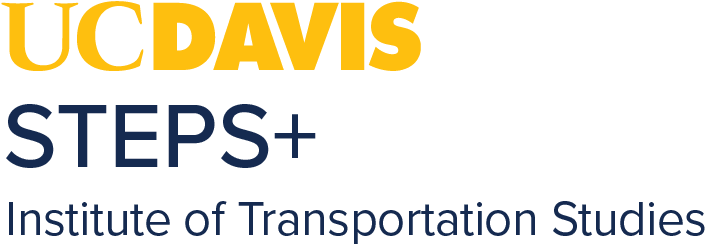UC ITS Carbon Neutrality Webinar Series: Policy Scenarios for Achieving Carbon Neutrality in Transportation by 2045 in California
California has taken a leadership role in reducing carbon emissions, setting a goal of carbon neutrality by 2045. Decarbonizing transportation, the largest source of emissions in the state, will be key to achieving this goal. This webinar series highlights findings from a recently released state-commissioned study - Driving California’s Transportation Emissions to Zero - that identifies scenarios and related actions for achieving a carbon-neutral transportation system in California, while also improving equity, health, and the economy. A central aspect of the state-commissioned study was to identify pathways to reach zero carbon road transportation systems by 2045. The UC Institute of Transportation Studies explored options and costs of various strategies, and developed a central low-carbon scenario along with several “side case” scenarios for the state to consider. The scenarios explore the rates of zero-emission vehicle (ZEV) sales increases and the extent to which various other low-carbon fuels will need to be adopted by key dates. The associated costs of following these pathways is also considered and compared to a “business as usual” scenario. This webinar will provide a high-level summary of the considerations, assumptions, and performance of each scenario along with a discussion of implications for policy in the near-, medium-, and longer-term.
Webinar speakers: Lew Fulton, Director, STEPS (Sustainable Transportation Energy Pathways), ITS-Davis, Marshall Miller, Senior Development Engineer, ITS-Davis, and Bernadette Austin - Executive Director, UC Davis Center for Regional Change.
Respondents: Roland Hwang, Managing Director, CLimate & CLean Energy Program Natural Resources Defense Council, and Rajinder Sahota, Deputy Executive Officer of Climate Change and Research, California Air Resources Board
